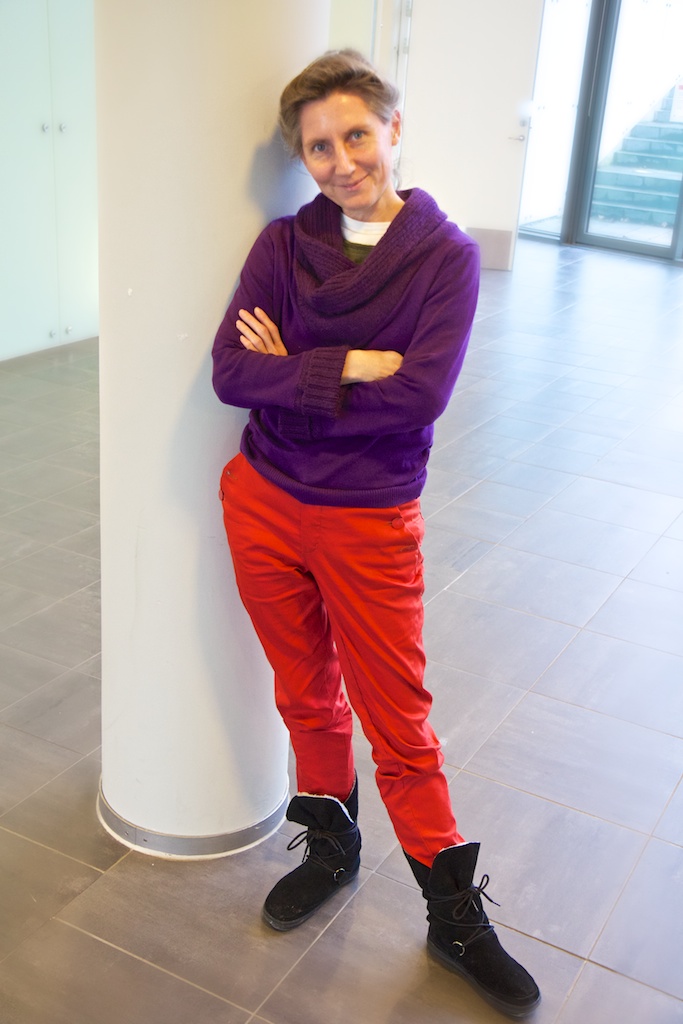Music Perception Transfer to Speech Perception: Decrease of Bias
Speech sound perception is influenced by higher order knowledge and believes about the language variety one is listening to. In this seminar linguist Marjoleine Sloos, IMC, will talk about a matched-guise experiment where they investigated the perception of voiced stops and plain voiceless stops in Chinese.
Info about event
Time
Location
IMC, Nobelparken, building 1483, 3rd floor, Jens Chr. Skous Vej 4, 8000 Aarhus C
Organizer

Music perception transfer to speech perception: decrease of bias
Speech sound perception is influenced by higher order knowledge and believes about the language variety one is listening to. This holds for linguistically naïve and linguistically trained listeners. In a matched-guise experiment, we investigated the perception of voiced stops [b d ?] and plain voiceless stops [p t k] in Chinese and whether linguistically trained subjects were biased toward the information regarding the variety they were listening to: Wu or Mandarin dialect. Wu dialects have voiced consonants but Mandarin dialects do not. In reality they listened to the same stimuli twice.
It turned out that neither native Mandarin nor native Wu subjects were able to correctly perceive the voicing contrast. Wu listeners mainly relied on tone to distinguish the voicing contrast—since voicing always co-occur with low register tones. Mandarin subjects relied on tone as well as the information that the dialect was either Wu or Mandarin. They reported more voiced consonants if they believed they were listening to Wu. In alternation with musical fragments, this bias toward the believed variety decreased.
